Non-Fiction
Non-Fiction is based on facts and real events, covering topics from history and science to memoirs and essays.
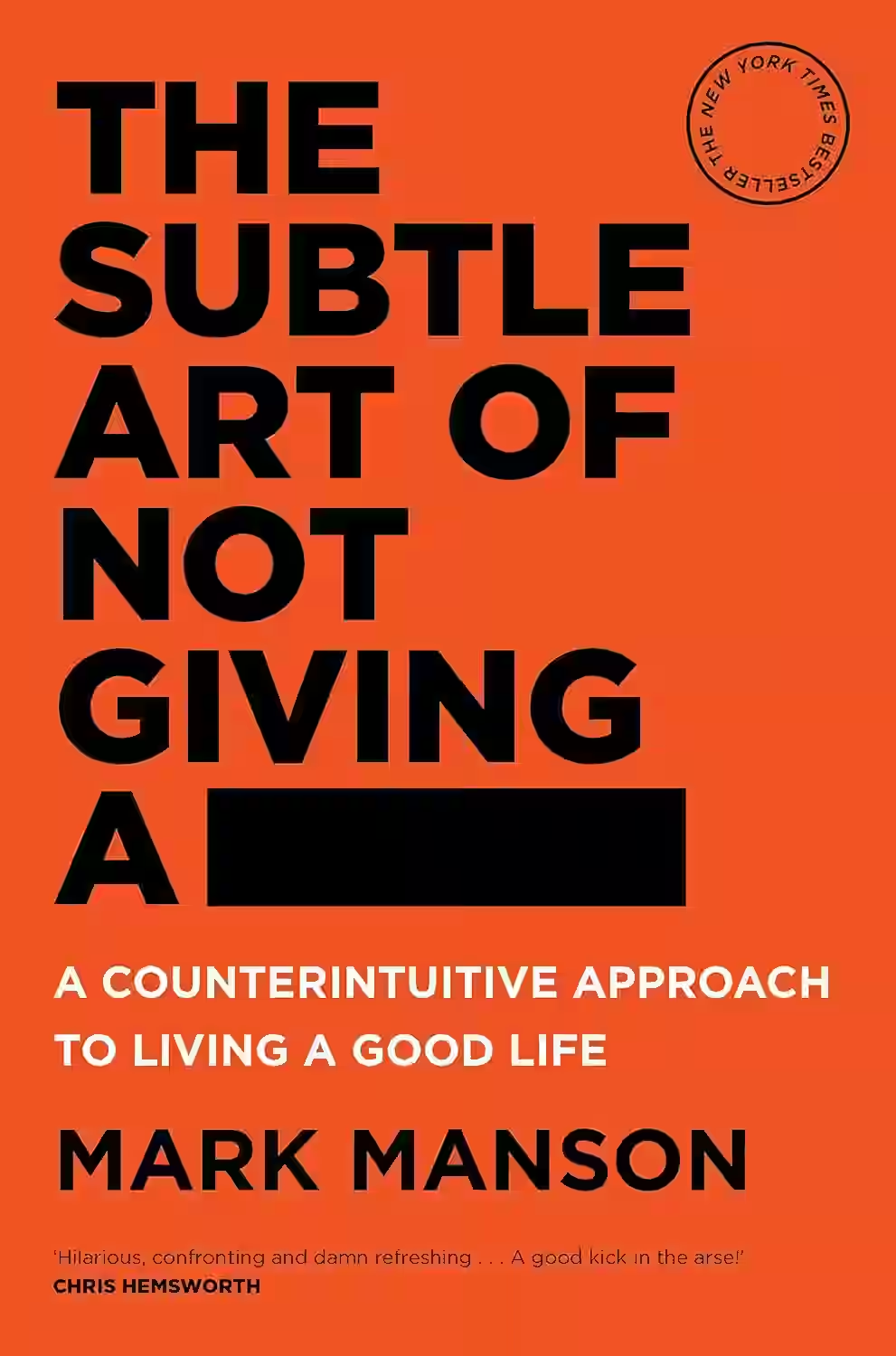
The Subtle Art of Not Giving A Fuck
by Mark Manson
The Subtle Art of Not Giving a F*ck challenges conventional self-help by arguing that true happiness comes from accepting our limitations and focusing on what truly matters. Mark Manson offers a refreshing and often humorous perspective on embracing negativity, choosing our struggles wisely, and prioritizing values over fleeting positivity.
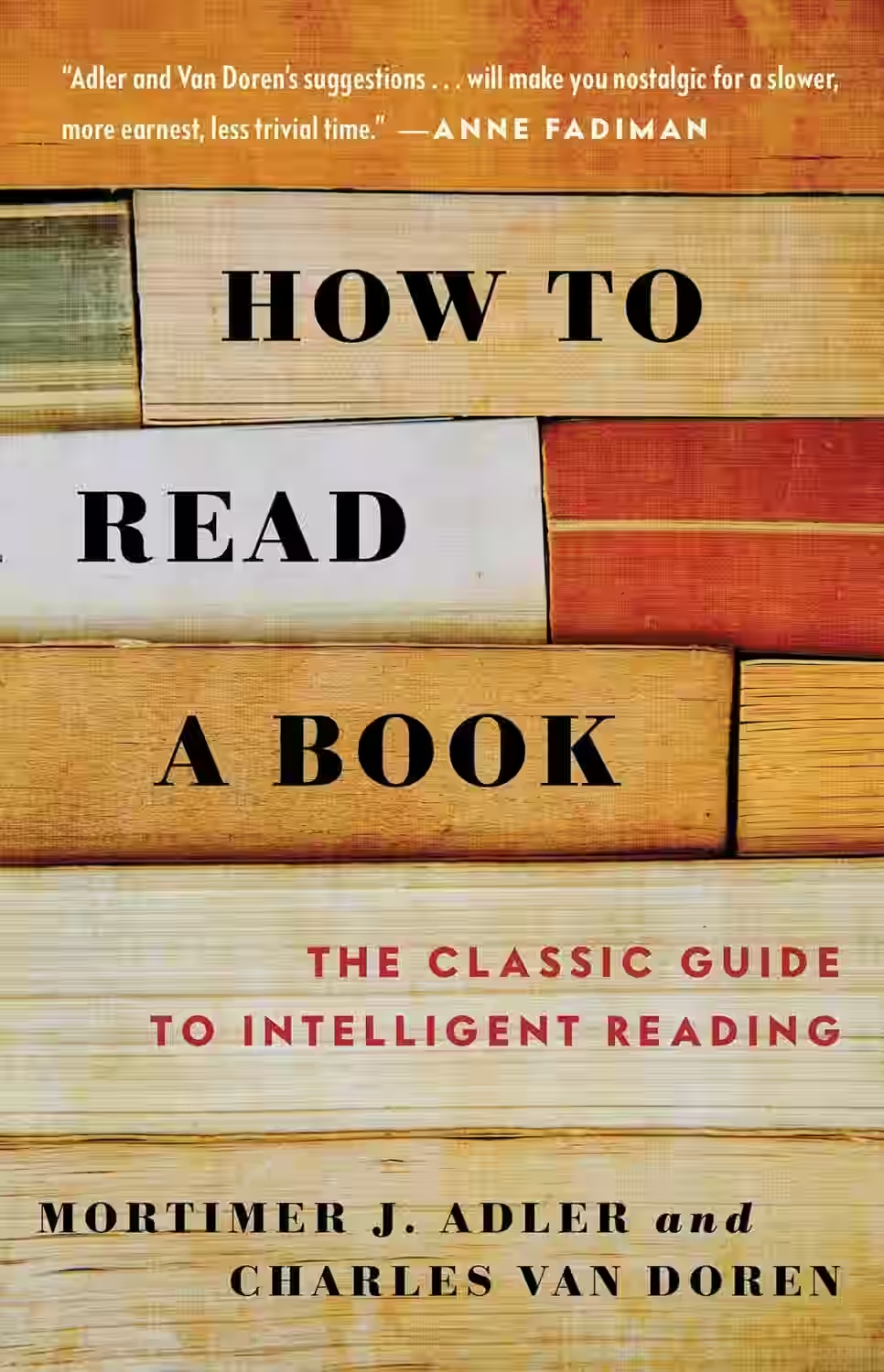
How to Read a Book
In 'How to Read a Book', Mortimer J. Adler presents a comprehensive guide on the art of reading carefully and effectively. He delves into the different levels of reading - from elementary reading to the analytical and syntopical levels - providing practical strategies to enhance comprehension and critical thinking. Adler emphasizes the importance of actively engaging with texts, questioning assumptions, and grasping the underlying messages. This book serves as a valuable tool for readers looking to deepen their understanding and extract maximum value from the written word. With its timeless advice and insightful teachings, 'How to Read a Book' is a must-read for anyone seeking to become a more discerning and thoughtful reader.
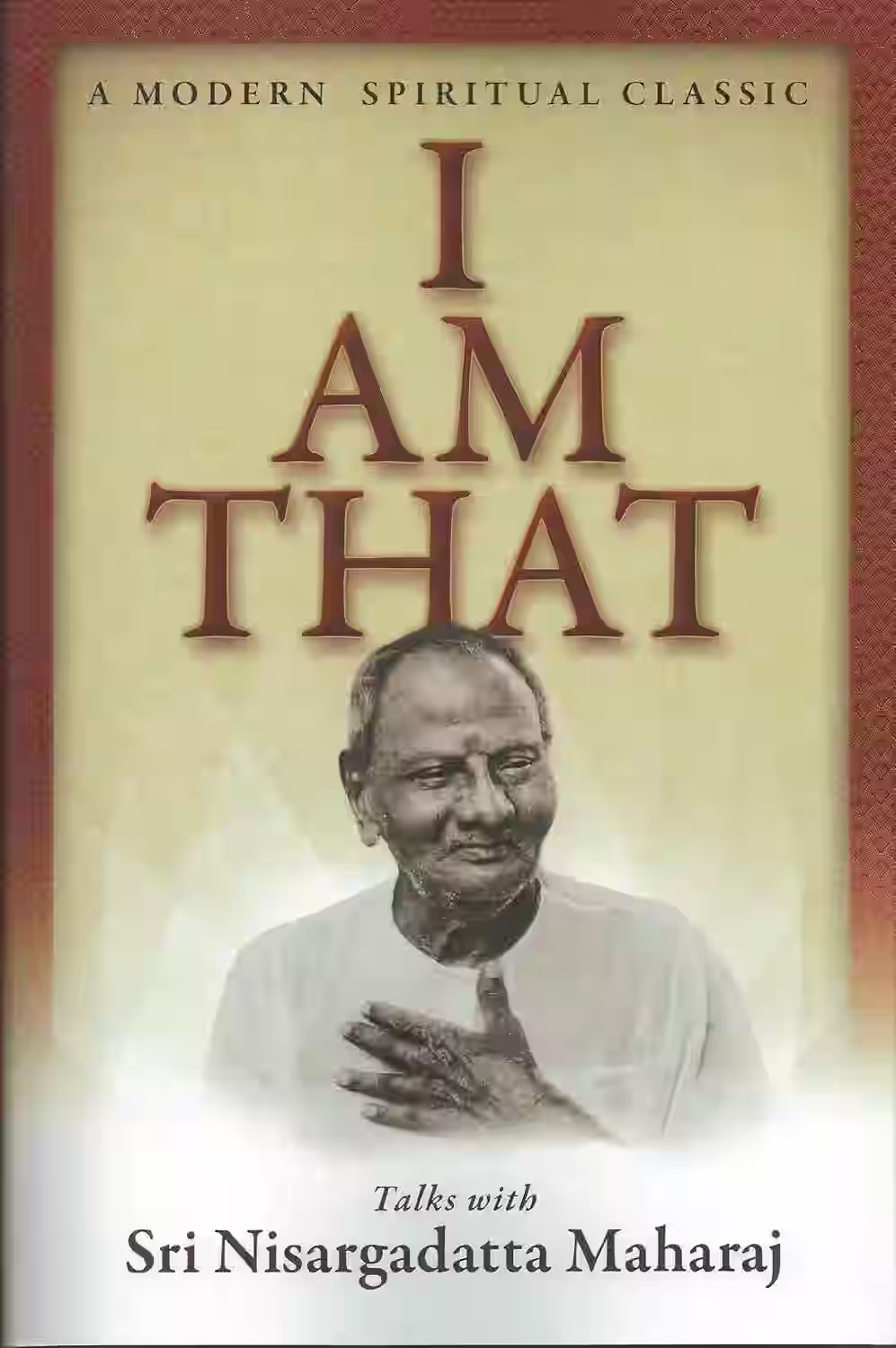
I Am That
In 'I Am That' by Sri Nisargadatta Maharaj, readers are offered profound insights into the nature of existence, consciousness, and the self. Through a series of dialogues, Maharaj challenges common perceptions and delves deep into the concept of 'I am', urging readers to explore their true essence beyond the limitations of the ego. The book invites contemplation on the interconnectedness of all things and the illusory nature of individual identity. Maharaj's teachings resonate with spirituality and philosophy enthusiasts alike, guiding them towards a deeper understanding of reality and self-realization.
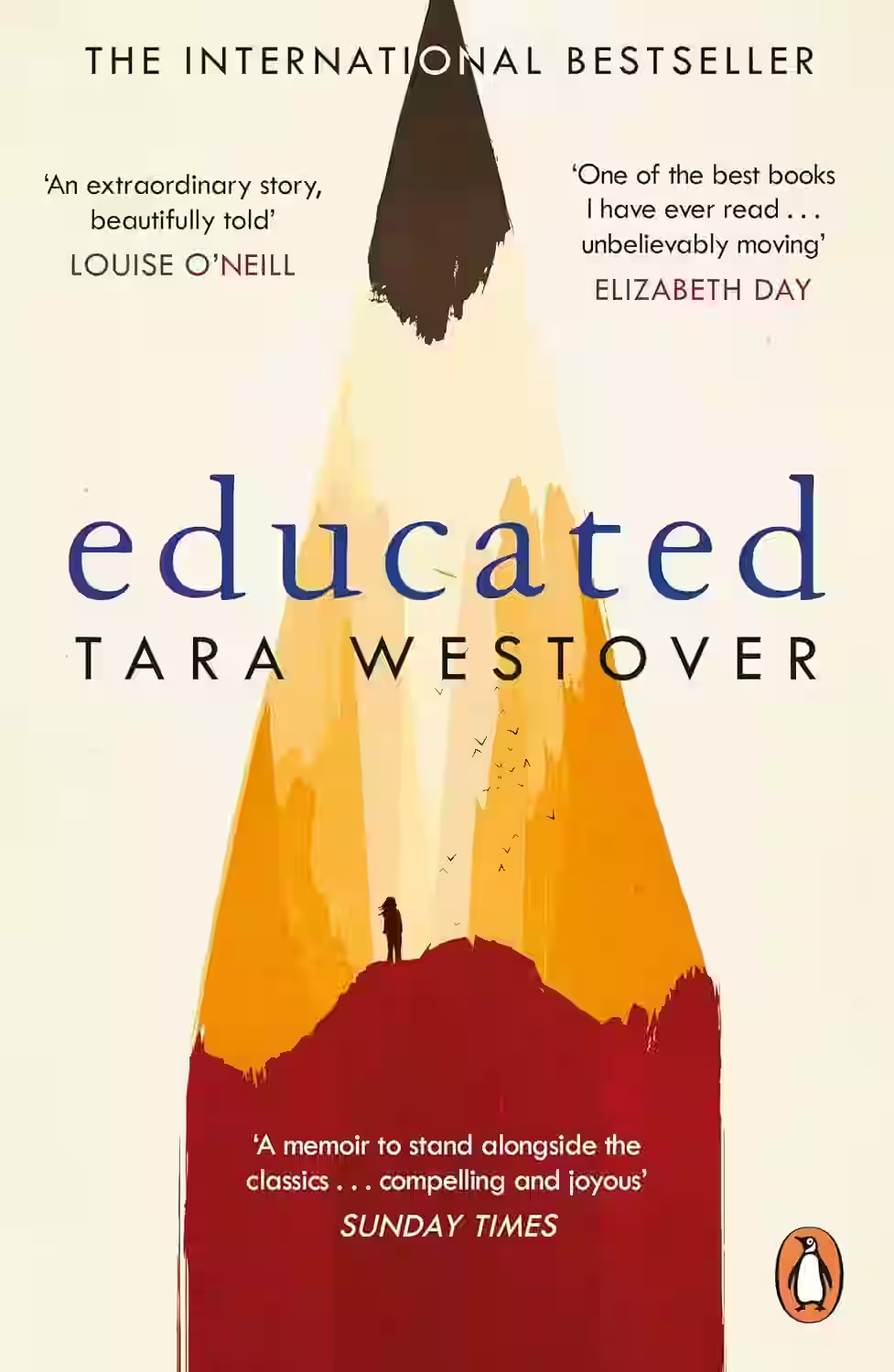
Educated
In 'Educated' by Tara Westover, readers are taken on a poignant journey of self-discovery and resilience. This gripping memoir follows Westover's upbringing in a strict and isolated household in rural Idaho, where she was denied a formal education. Despite her obstacles, Westover's thirst for knowledge leads her to pursue education on her own terms, ultimately earning a PhD from Cambridge University. Through themes of family bonds, mental health, and the pursuit of education, Westover's story is both heartbreaking and inspiring. Her memoir challenges readers to confront their own beliefs and the power of education in shaping one's identity.
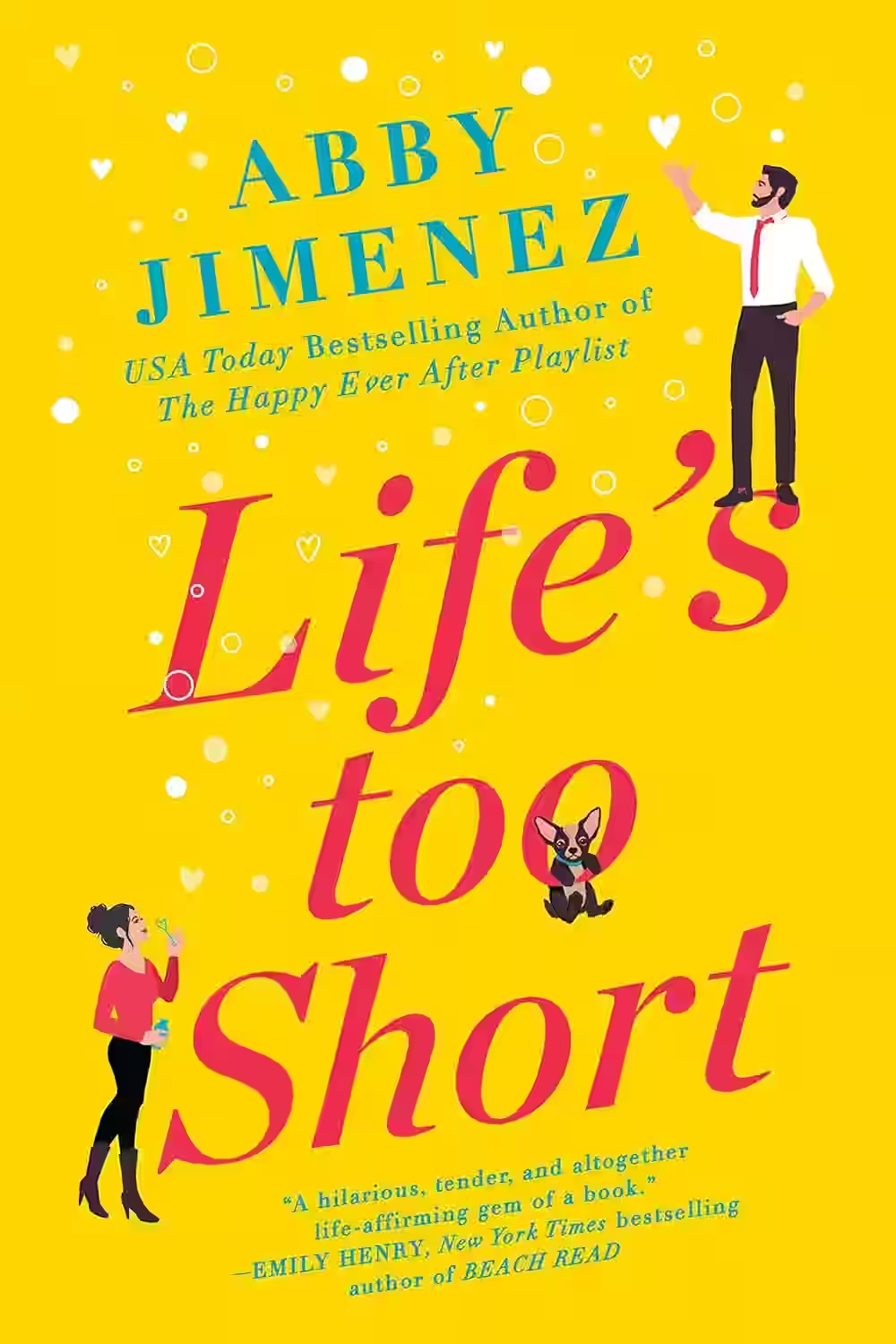
Life's Too Short
by Abby Jimenez
Series: The Friend Zone (#3)
In 'Life's Too Short' by Abby Jimenez, we follow the story of Vanessa Price, a woman determined to live life to the fullest despite her past struggles. As an influencer who thrives on spontaneity and adventure, Vanessa's world is turned upside down when she discovers a health condition that threatens her future plans. This heartfelt novel delves into themes of resilience, love, and the importance of embracing every moment. Jimenez's writing seamlessly blends humor and emotional depth, creating a story that will tug at your heartstrings while also making you laugh. 'Life's Too Short' is a poignant exploration of finding joy in the face of uncertainty.
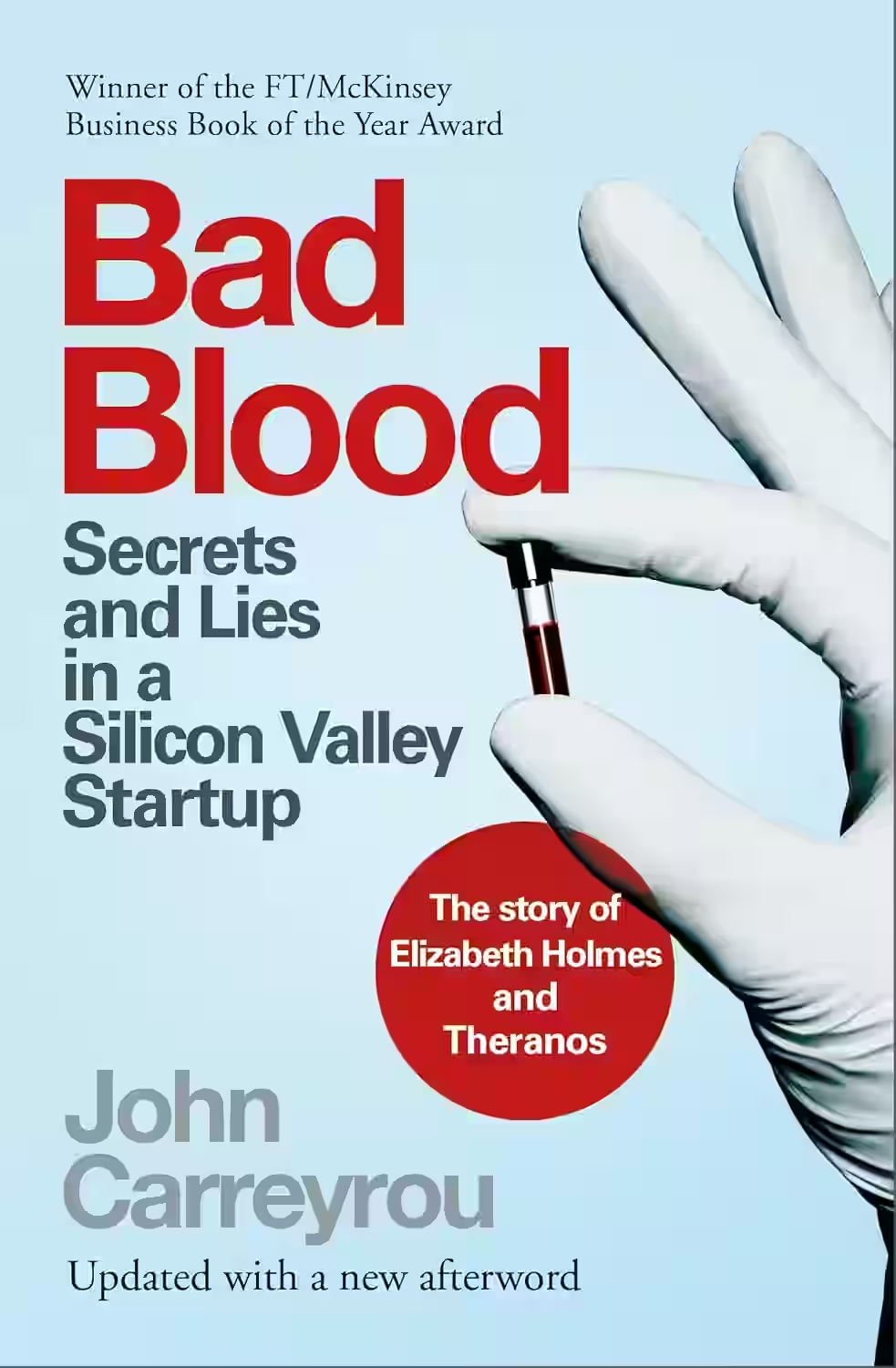
Bad Blood
In Bad Blood, investigative journalist John Carreyrou exposes the rise and fall of Theranos, a biotech startup led by Elizabeth Holmes that promised revolutionary blood-testing technology. Through meticulous reporting, Carreyrou uncovers a web of deception, corporate malfeasance, and the dangers of unchecked ambition in Silicon Valley. The book serves as a cautionary tale about the perils of startup culture and the importance of journalistic integrity in holding powerful entities accountable.
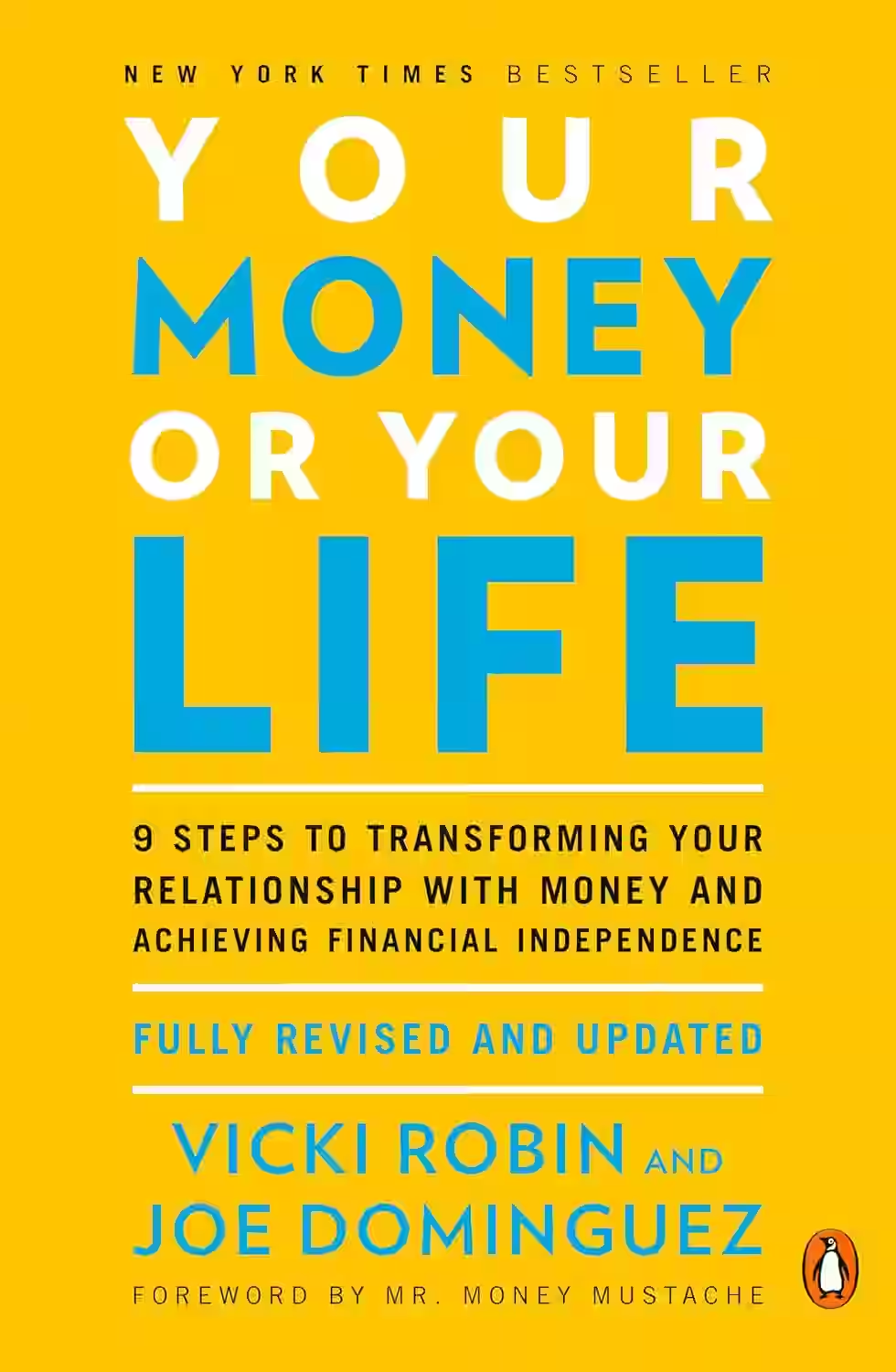
Your Money or Your Life
by Vicki Robin
In 'Your Money or Your Life' by Vicki Robin, readers are taken on a transformative journey towards financial independence and mindful living. The book challenges conventional beliefs about money, encouraging readers to reassess their relationship with finances and prioritize what truly matters in life. Through practical advice and thought-provoking exercises, Robin presents a step-by-step guide to achieving financial freedom and aligning spending habits with personal values. This seminal work resonates with readers due to its timeless wisdom and empowering message, making it a must-read for anyone seeking to gain control over their finances and live a more fulfilling life.
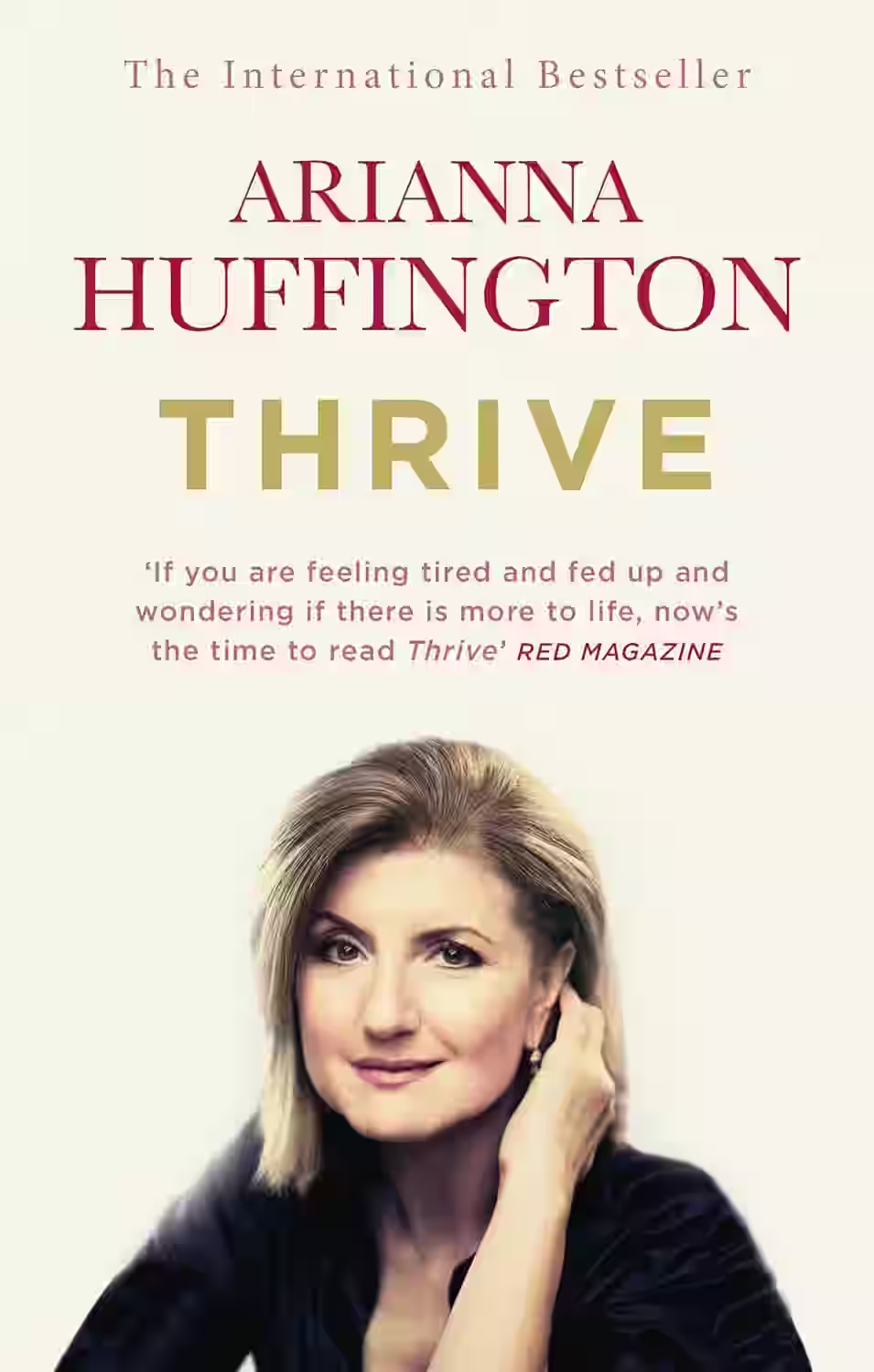
Thrive
In Thrive, Arianna Huffington redefines success beyond wealth and power, proposing a third metric rooted in well-being, wisdom, wonder, and giving. Drawing from research and her own life, she argues that burnout and stress are not badges of honor but symptoms of a misguided culture. The book explores mindfulness, sleep, gratitude, and compassion as essential to living a fulfilling life. Huffington weaves personal anecdotes with scientific insights to promote a more holistic vision of success—one that nurtures both the self and the community. Thrive serves as a call to prioritize what truly matters in a fast-paced world.
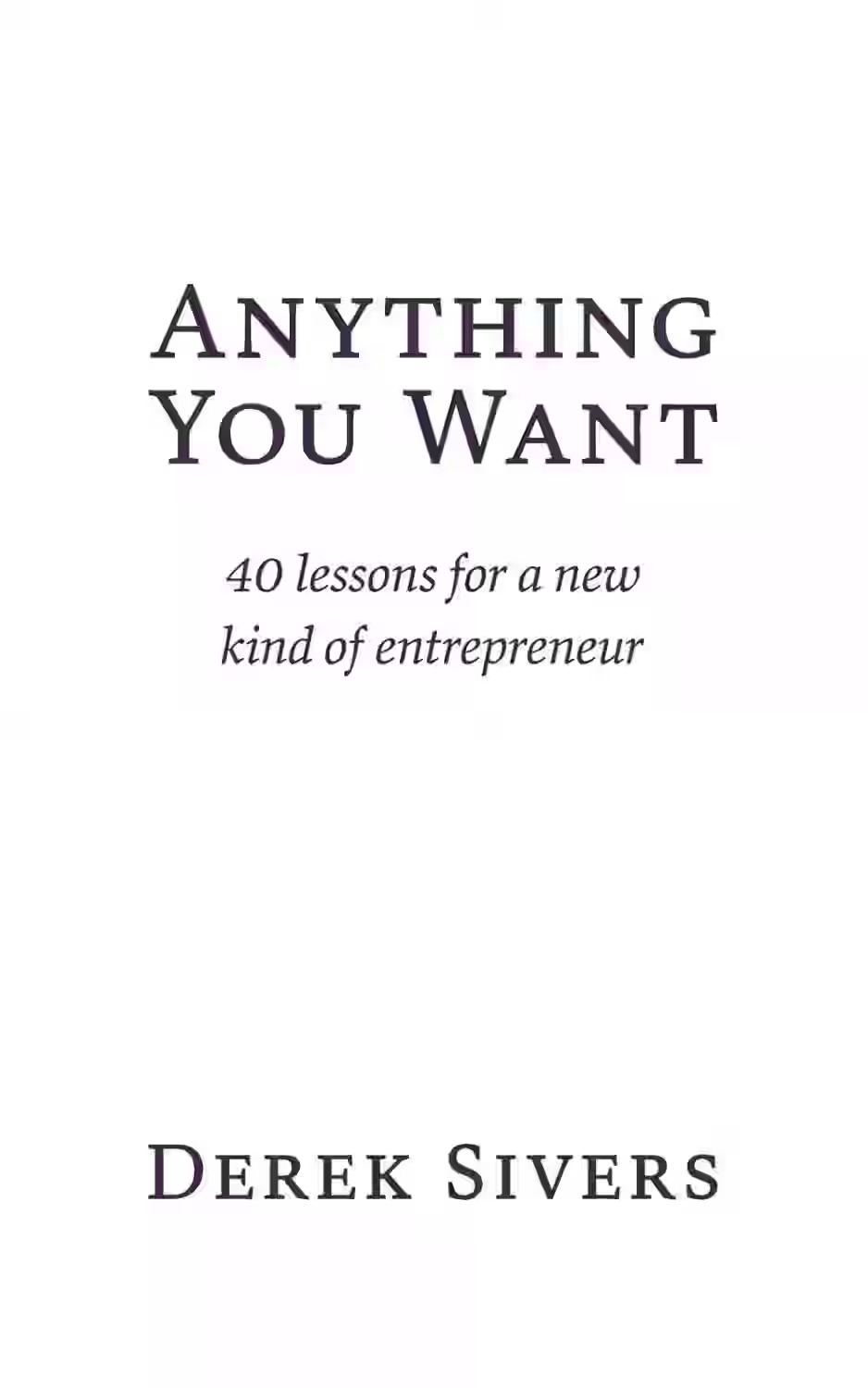
Anything You Want
by Derek Sivers
Anything You Want is a concise, unconventional guide to entrepreneurship drawn from Derek Sivers’ experience founding and running CD Baby. Rejecting traditional business advice, Sivers advocates for simplicity, personal fulfillment, and customer-centric thinking. He emphasizes doing what feels right rather than chasing external validation or scale for its own sake. The book combines practical insights with reflective storytelling, highlighting the value of independence, generosity, and clarity of purpose. With its direct tone and minimalist philosophy, Anything You Want is an inspiring read for entrepreneurs who want to build meaningful businesses on their own terms—not by following a blueprint.
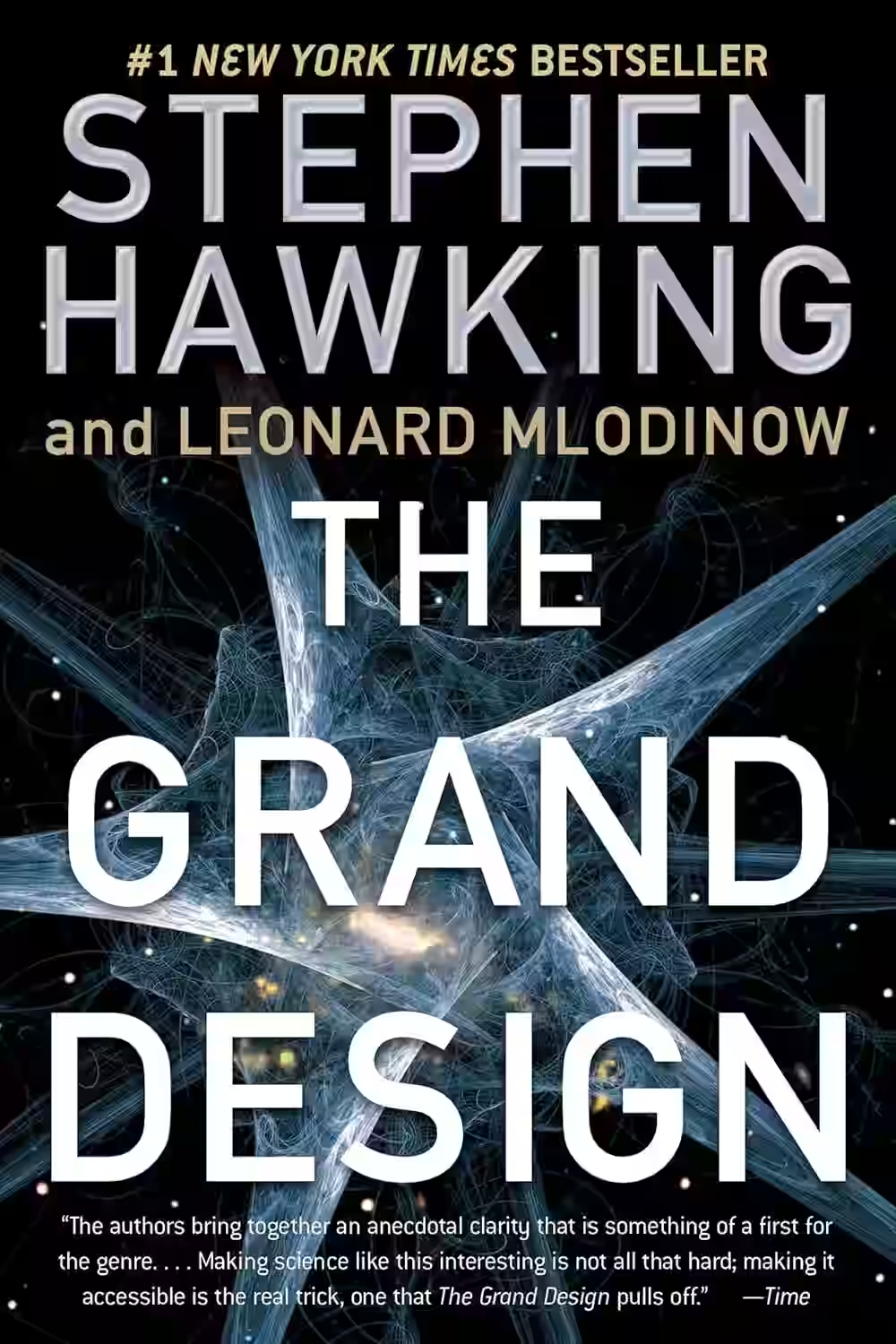
The Grand Design
In 'The Grand Design' by Stephen Hawking, the renowned physicist and author explores the origins of the universe and the fundamental laws that govern it. Through a mix of scientific theories and philosophical reflections, Hawking delves into complex concepts like quantum mechanics and string theory, presenting them in a way that is accessible to readers of all backgrounds. He challenges traditional views on the existence of a divine creator and offers a compelling argument for the universe's spontaneous creation. This thought-provoking book not only stimulates the intellect but also invites readers to ponder the nature of reality and our place within it.
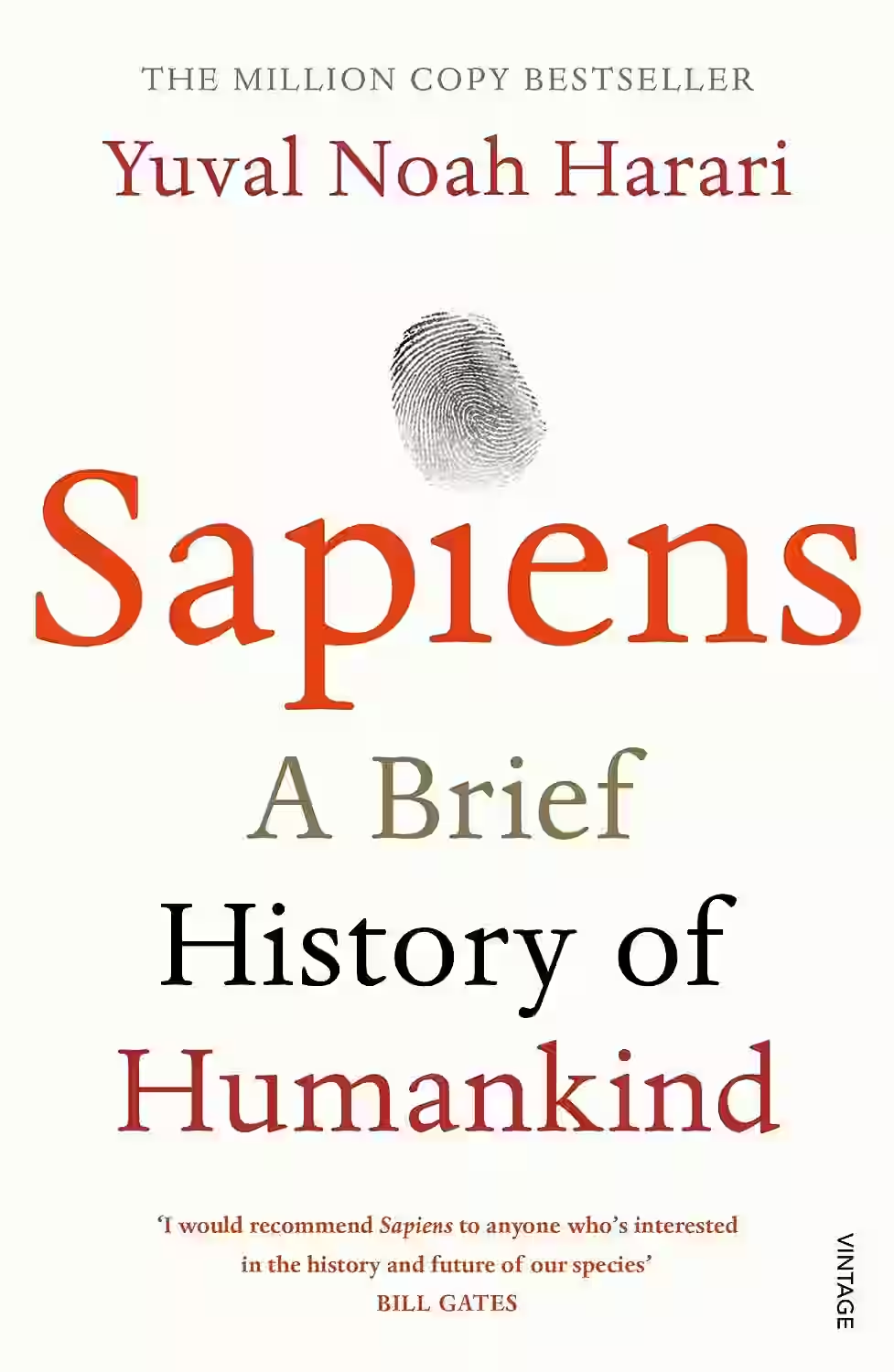
Sapiens: A Brief History of Humankind
Yuval Noah Harari's Sapiens charts the epic history of humankind, from early Homo sapiens to today's complex world. It explores the Cognitive, Agricultural, and Scientific Revolutions that defined our development. Harari examines the role of shared beliefs in enabling mass cooperation and questions the essence of our humanity and future. This insightful work offers a broad perspective on our origins, progress, and the challenges we face.
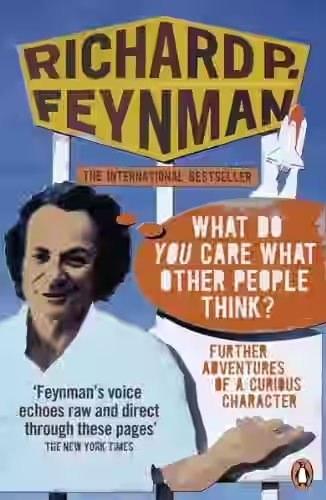
What Do You Care What Other People Think?
Richard Feynman, Nobel laureate and icon, was a genius with an insatiable appetite for adventure and a remarkable talent for storytelling. This collection of short pieces and reminiscences reveals his diverse passions, from his appreciation of beauty to his college antics and the unique lessons imparted by his father. Feynman takes us behind the scenes of the Challenger investigation, vividly recounting his pivotal experiment that exposed the disaster's cause. He also shares the poignant story of meeting his beloved first wife, Arlene, and their brief, cherished time together. Infused with Feynman's characteristic curiosity and zest for life, these writings are both deeply moving and wonderfully humorous.
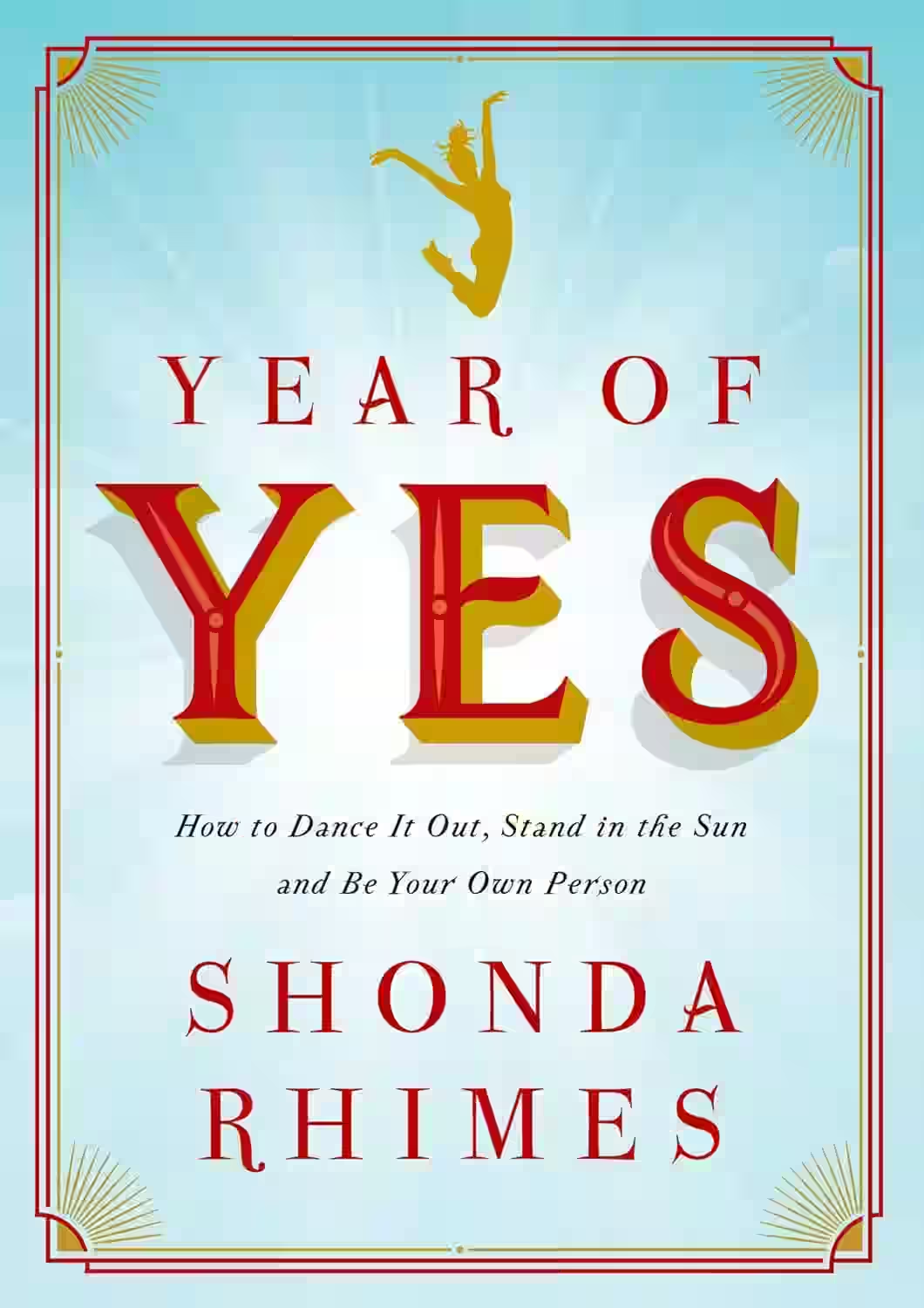
Year of Yes
In this empowering memoir, Shonda Rhimes—creator of Grey’s Anatomy and Scandal—recounts how saying "yes" to things that scared her changed her life. From public speaking to self-care, she challenges personal fears and societal expectations. With humor and heart, Year of Yes inspires readers to embrace discomfort, rediscover joy, and live boldly. It’s a celebration of transformation, self-empowerment, and the magic of stepping outside your comfort zone.
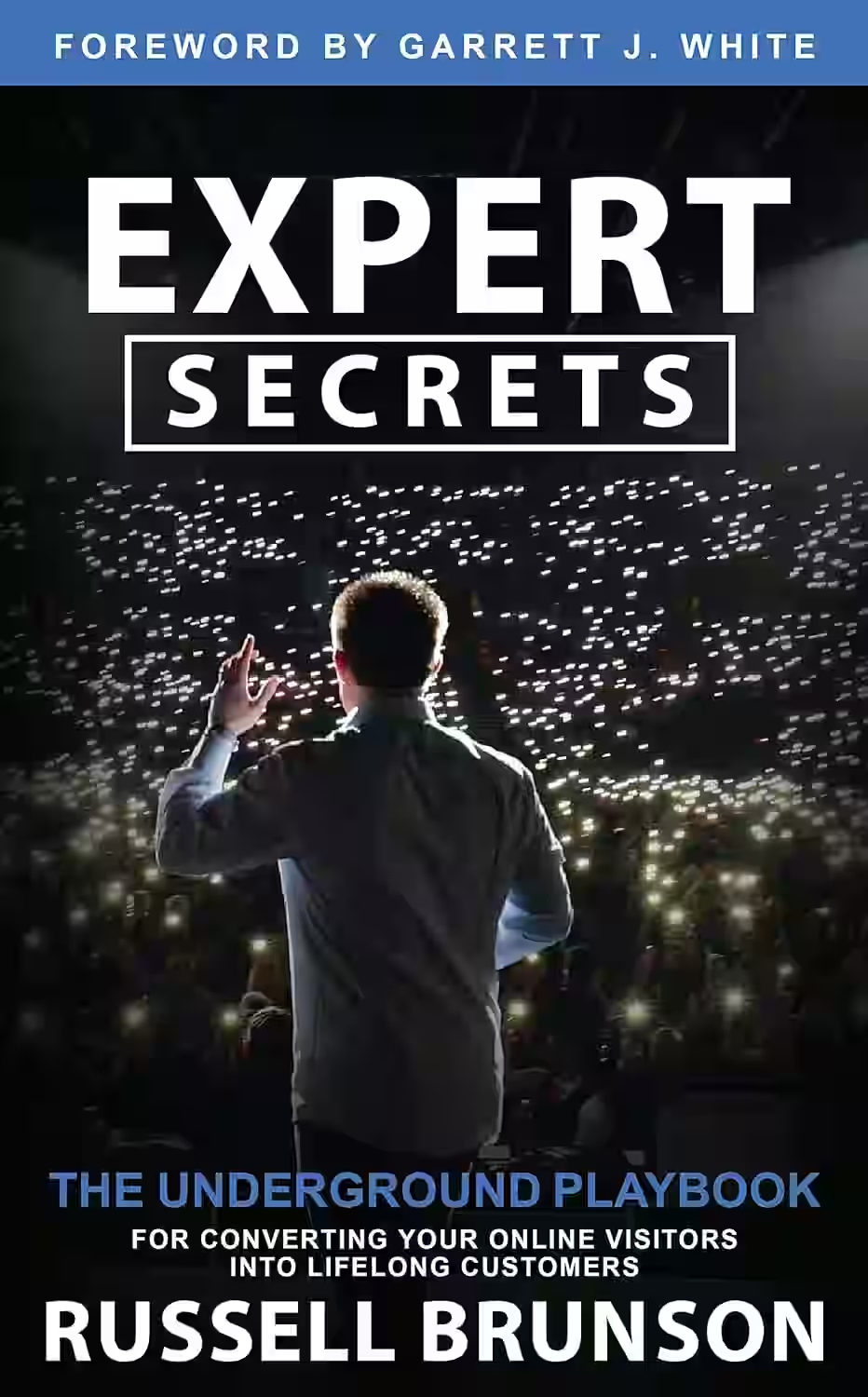
Expert Secrets
In 'Expert Secrets', Russell Brunson delves into the world of creating a mass movement of people who will pay for your advice. He provides insightful strategies on how to position yourself as an expert in your field and build a loyal following. With real-life examples and actionable steps, Brunson guides readers on identifying their expertise, crafting their message, and effectively communicating it to attract a dedicated audience. Whether you're an entrepreneur, marketer, or expert seeking to enhance your influence, this book offers valuable insights to help you succeed in the digital age.
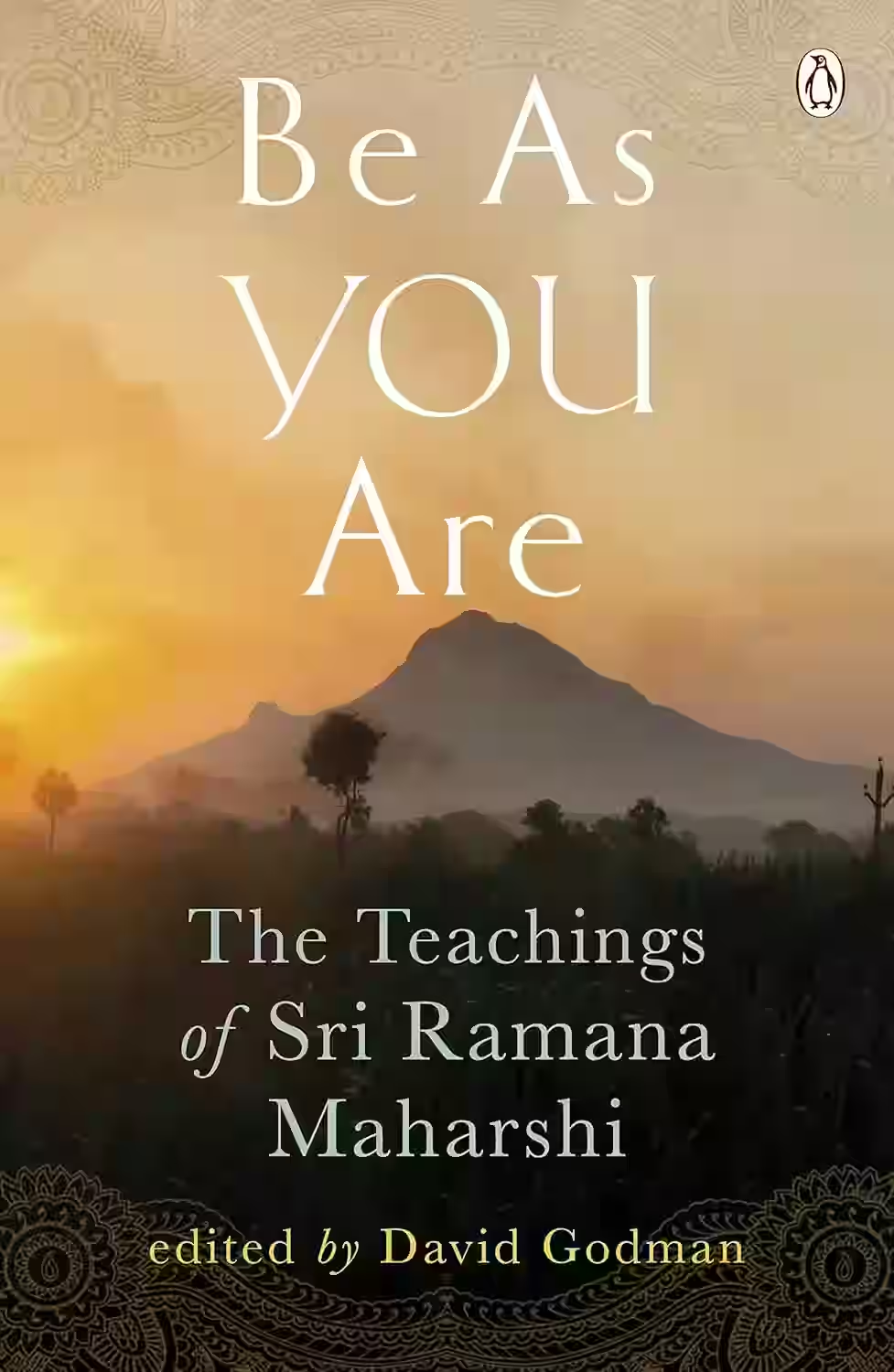
Be As You Are
In 'Be As You Are,' Sri Ramana Maharshi invites readers to explore the depths of their being through profound insights and teachings on self-realization and liberation. Through conversations with Maharshi, the book delves into the nature of the self, the ego, and the path to realizing one's true essence beyond societal conditioning. It emphasizes the practice of self-inquiry and mindfulness as tools for transcending the limited self and experiencing the boundless ocean of consciousness within. This timeless classic offers a transformative journey towards inner peace and enlightenment, inspiring readers to question their identities and awaken to the eternal truth of existence.
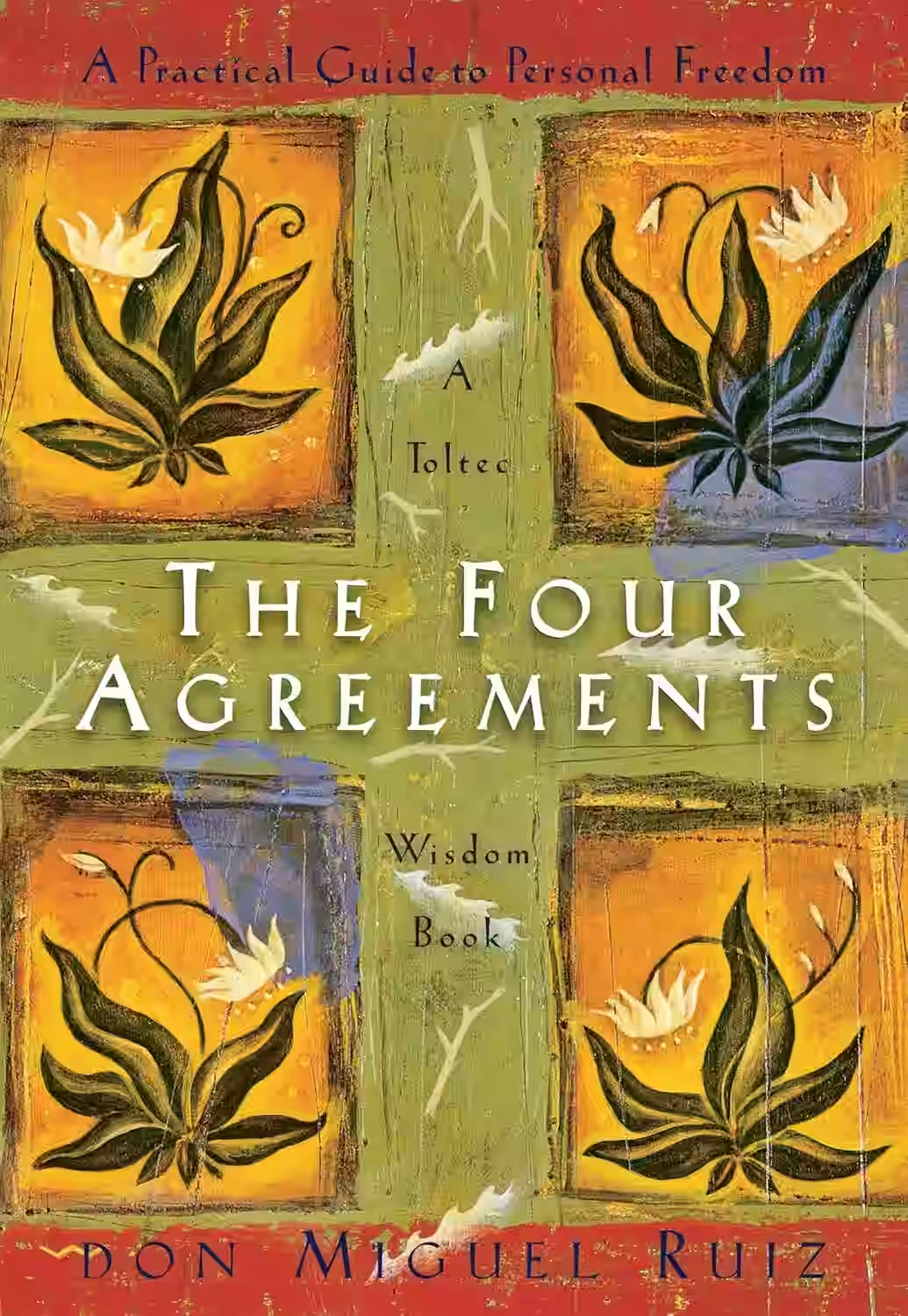
The Four Agreements
In The Four Agreements, Don Miguel Ruiz presents a code of conduct based on ancient Toltec wisdom, aiming to help individuals achieve personal freedom and happiness. The four agreements are: be impeccable with your word, don't take anything personally, don't make assumptions, and always do your best. Ruiz explains how these principles can transform one's life by breaking self-limiting beliefs and fostering a sense of peace and purpose. The book offers a practical guide to personal growth and spiritual enlightenment.
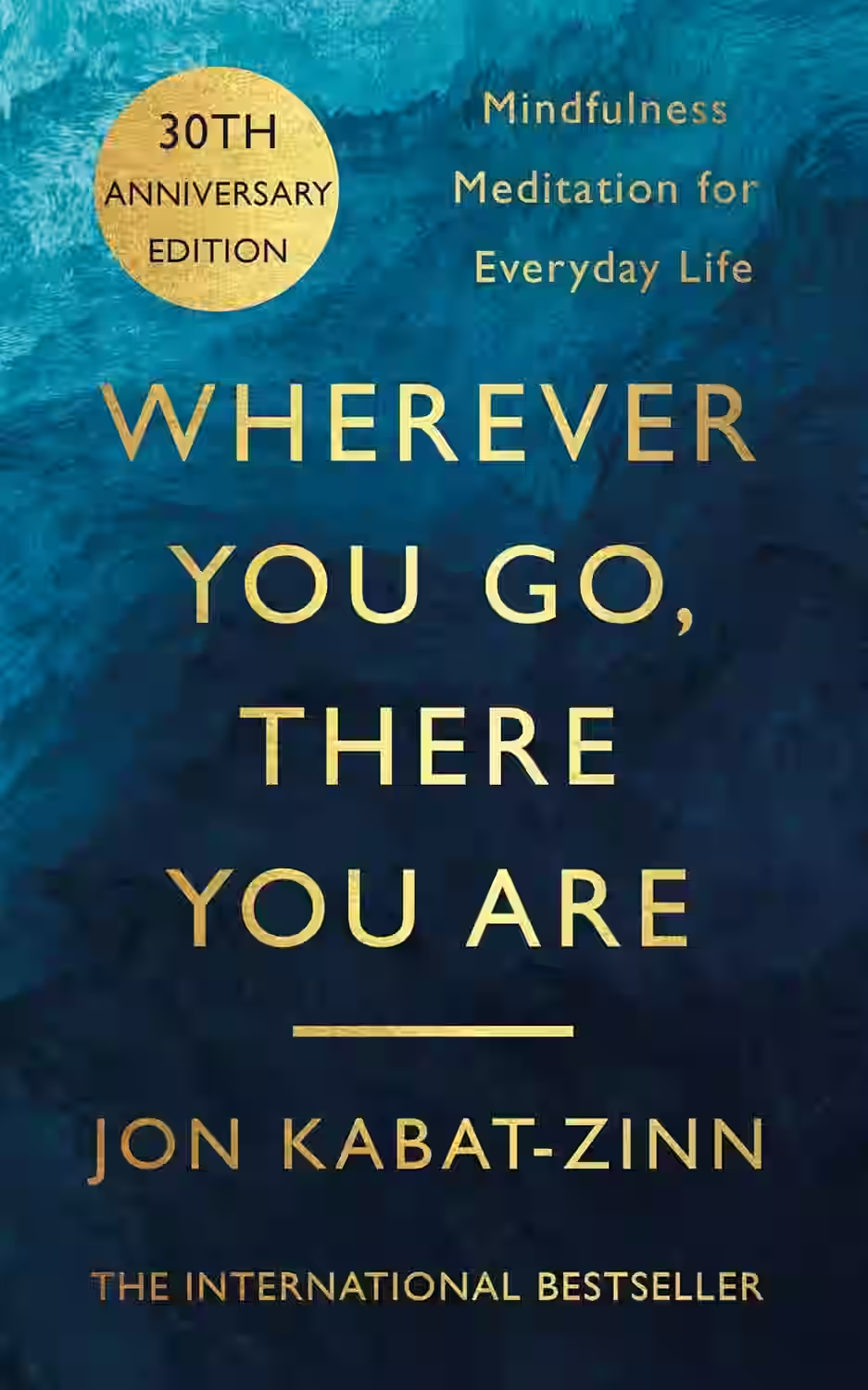
Wherever You Go, There You Are
This accessible guide by mindfulness pioneer Jon Kabat-Zinn introduces readers to the practice of meditation and its transformative effects. With gentle wisdom and simple language, he demystifies mindfulness, showing how it can be integrated into everyday activities to foster clarity, calm, and presence. Kabat-Zinn emphasizes that mindfulness is not about escaping or changing life, but embracing it fully—wherever you are. Divided into short chapters, the book is ideal for both newcomers and experienced practitioners. Its core message: peace and awareness are available in the present moment, no matter the circumstances, if we choose to be truly present.
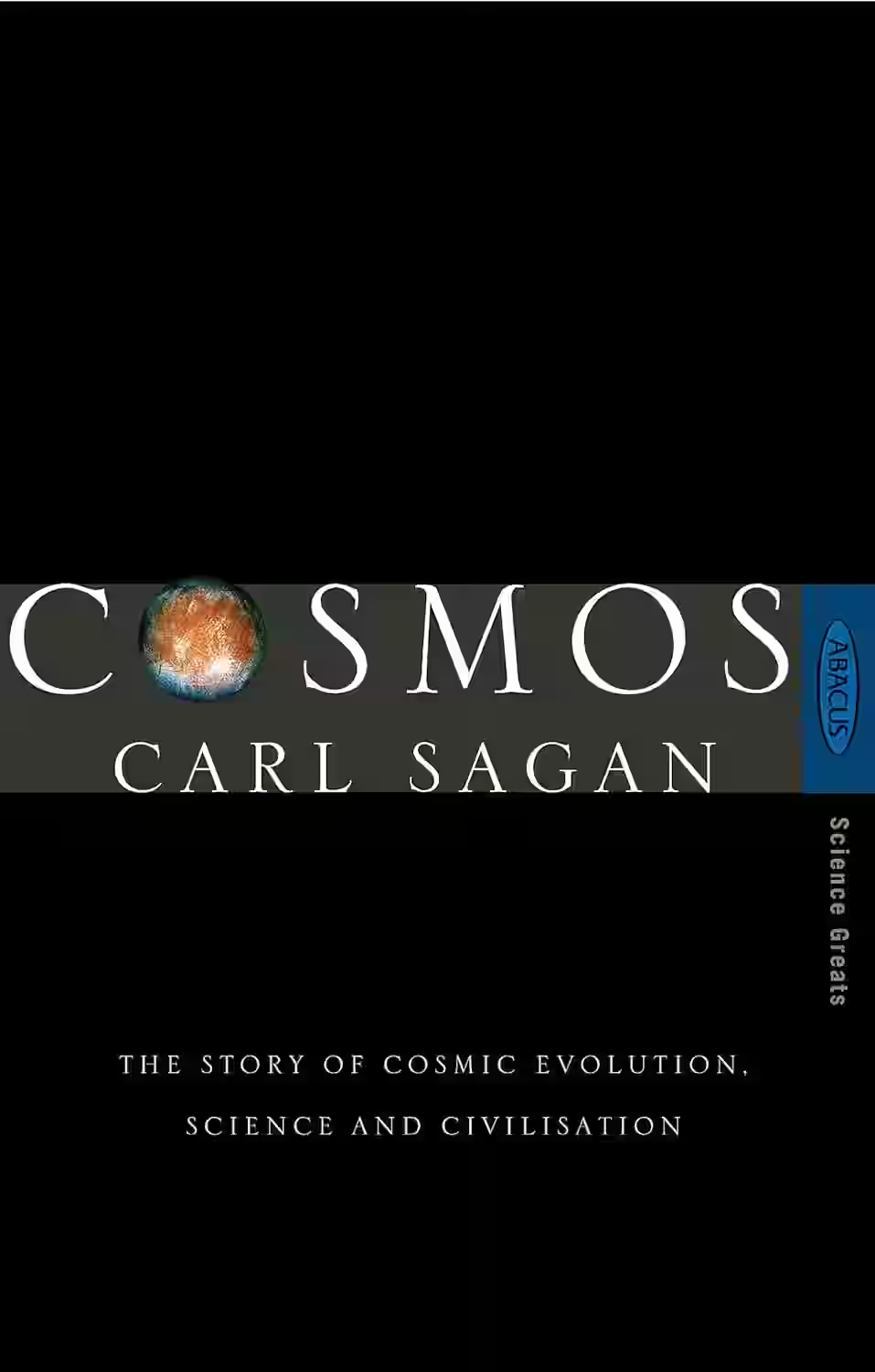
Cosmos
by Carl Sagan
In Carl Sagan's 'Cosmos', readers embark on a thrilling journey through the vast cosmos, exploring the wonders of our universe and humanity's place within it. With profound insight and poetic prose, Sagan delves into topics like space exploration, evolution, and the origins of life, bridging science and philosophy seamlessly. Through this masterpiece, he ignites a sense of curiosity and awe, urging us to ponder our existence and the mysteries of the cosmos. 'Cosmos' not only educates but also inspires readers to embrace science and reason, fostering a greater appreciation for the interconnectedness of all things.
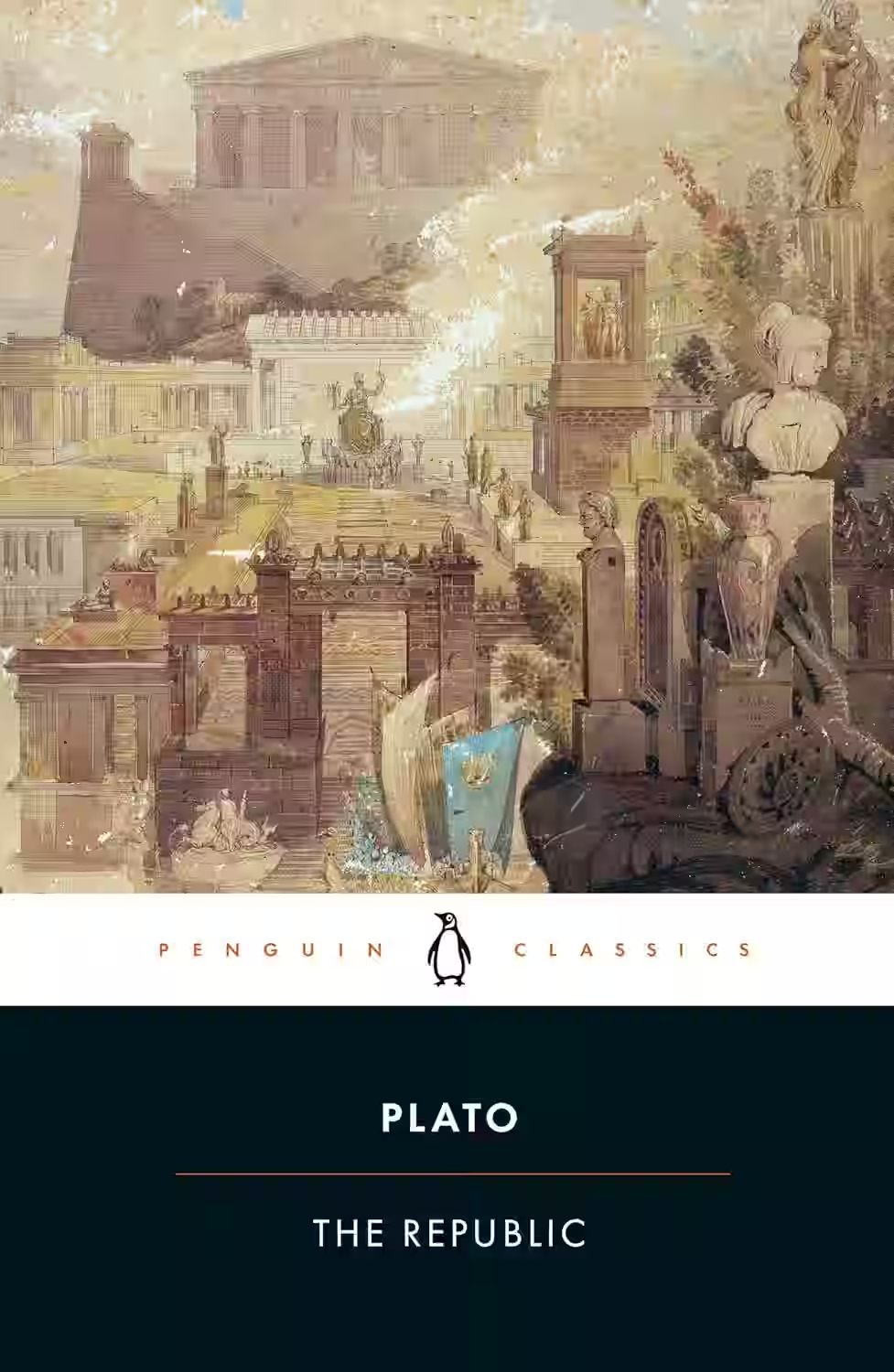
The Republic
by Plato
Plato’s The Republic explores justice, governance, and the ideal state through Socratic dialogue. Set in ancient Athens, it proposes a society ruled by philosopher-kings, where reason and virtue guide decision-making. The text investigates the nature of truth, education, and the soul, famously introducing the Allegory of the Cave. A cornerstone of Western philosophy, it challenges readers to question reality, politics, and morality, remaining profoundly relevant in political and ethical discourse.
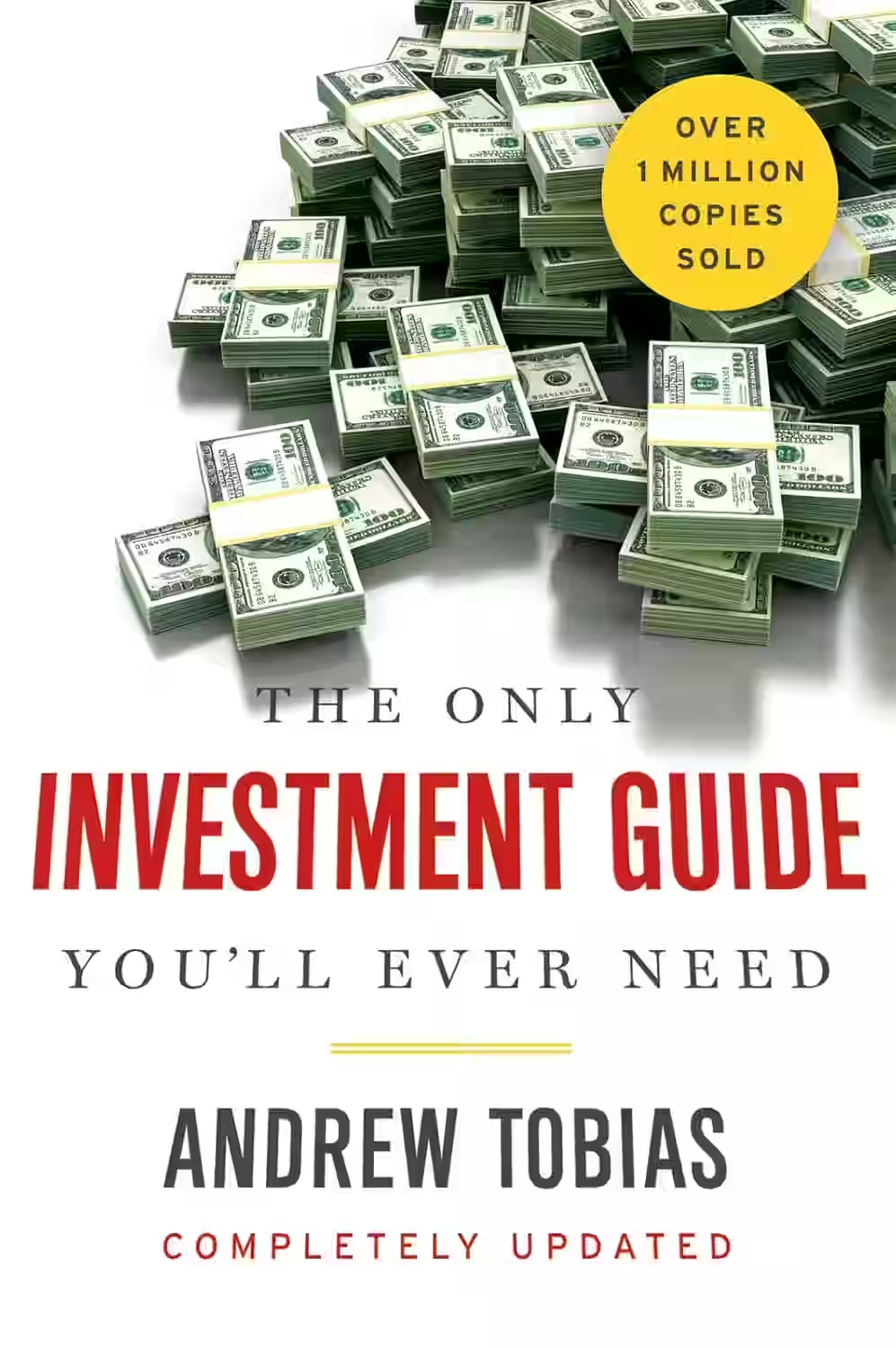
The Only Investment Guide You'll Ever Need
In 'The Only Investment Guide You'll Ever Need' by Andrew Tobias, readers are taken on a comprehensive journey into the world of personal finance. Tobias breaks down complex investment strategies into accessible and practical advice, empowering readers to take control of their financial future. With a witty and engaging writing style, he covers everything from stocks and bonds to real estate and retirement planning. The book not only provides valuable insights on how to make smart investment decisions but also emphasizes the importance of financial literacy and long-term planning. Whether you're a seasoned investor or just starting out, this book is a must-read for anyone looking to build wealth and secure their financial well-being.
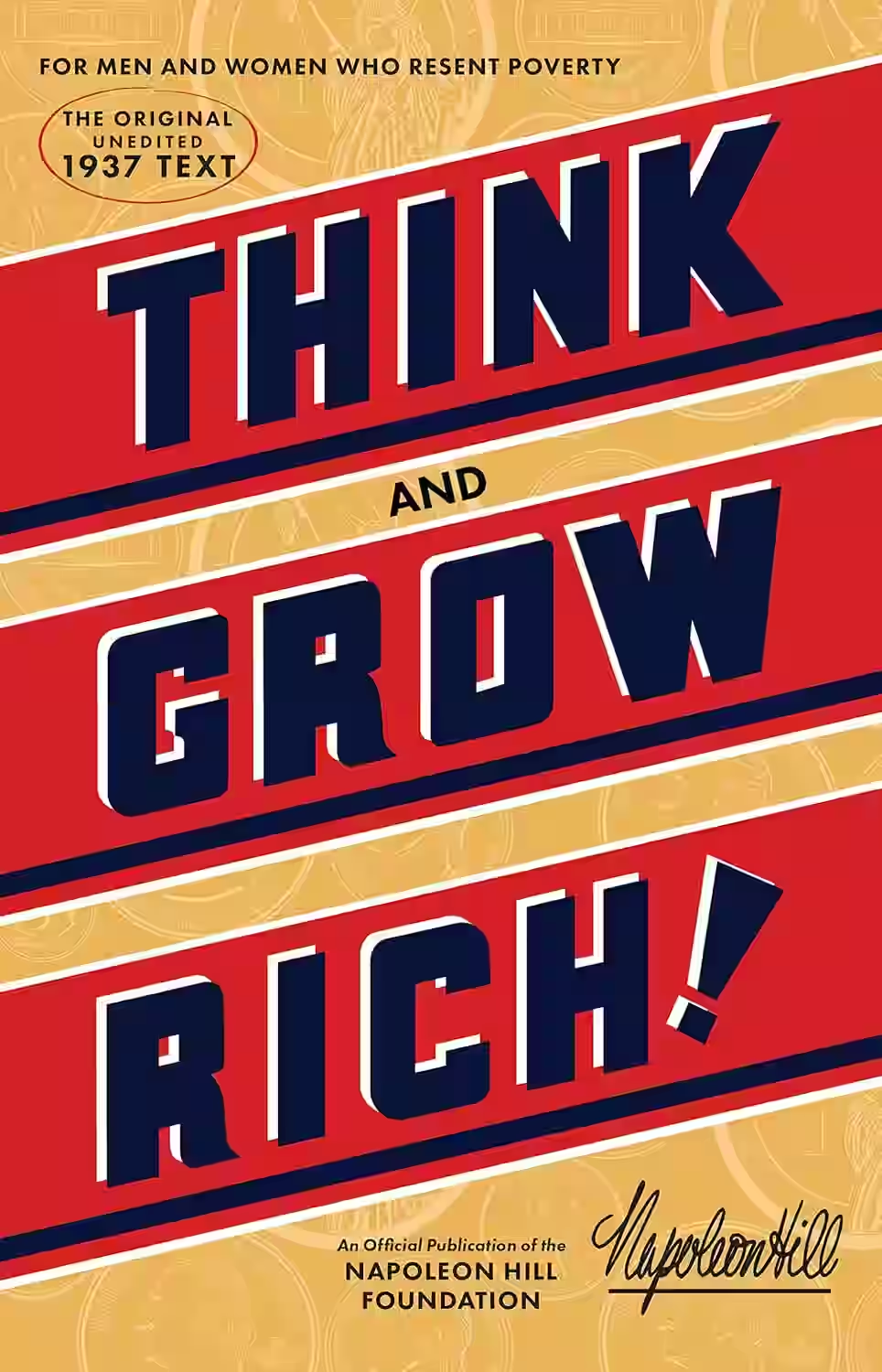
Think and Grow Rich
In Napoleon Hill's seminal work 'Think and Grow Rich,' readers are taken on a transformative journey through the power of the mind and positive thinking. Hill dives deep into the principles of success, breaking down key concepts like desire, faith, organized planning, and persistence. Through compelling anecdotes and practical advice, Hill challenges readers to shift their mindset and harness the unlimited potential within them to achieve their goals. This timeless classic emphasizes the importance of perseverance, goal-setting, and cultivating a success-oriented mindset. 'Think and Grow Rich' continues to inspire countless individuals to unlock their full potential and strive towards personal and financial success.
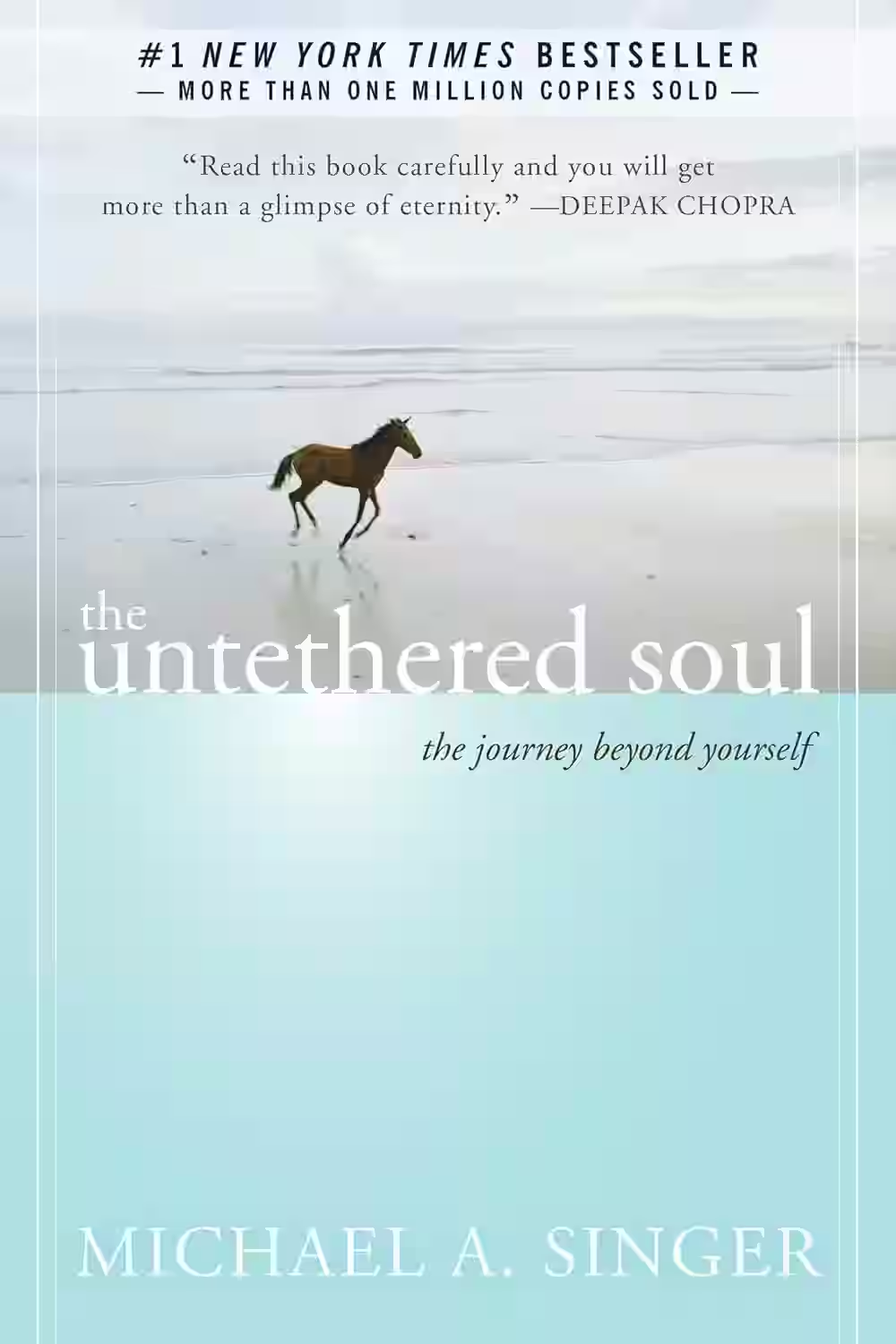
The Untethered Soul
The Untethered Soul is a spiritual and psychological exploration of consciousness, identity, and inner freedom. Michael A. Singer invites readers to observe their thoughts and emotions without attachment, helping them transcend internal limitations and live in the present moment. Drawing from mindfulness and Eastern philosophy, the book emphasizes awareness as the key to personal liberation. Through practical guidance and reflective questions, Singer teaches how to release fear, embrace stillness, and cultivate peace regardless of external circumstances. The Untethered Soul offers a deeply calming and transformative approach for anyone seeking to quiet their mind and reconnect with their deeper self.
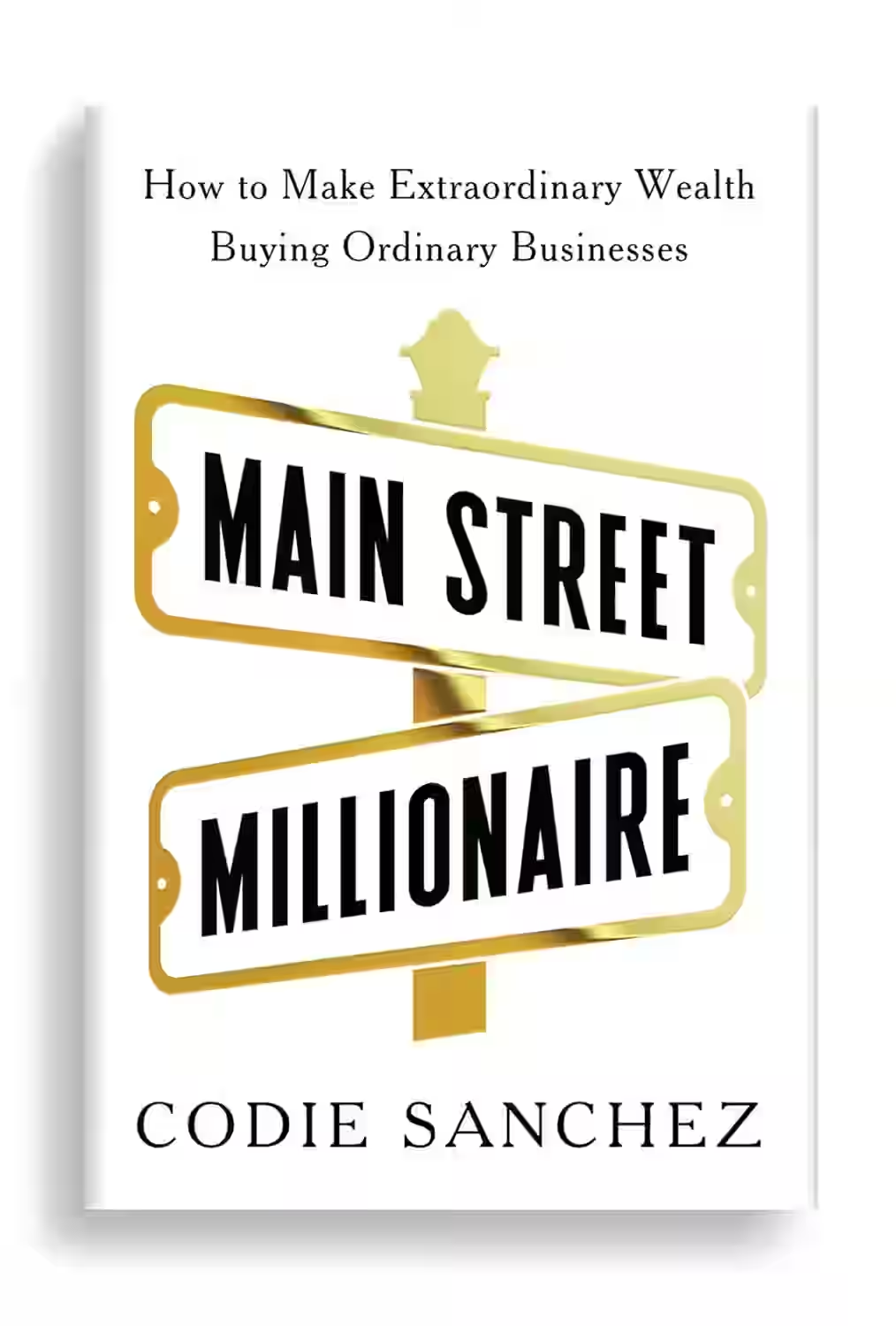
Main Street Millionaire
Main Street Millionaire provides a practical guide to building wealth through entrepreneurship and smart financial decisions, focusing on creating sustainable businesses rather than get-rich-quick schemes. The book emphasizes identifying opportunities in everyday life and developing a mindset for long-term financial success and independence.

Pre-Suasion: A Revolutionary Way to Influence and Persuade
In 'Pre-Suasion: A Revolutionary Way to Influence and Persuade,' Robert B. Cialdini delves into the art of effective persuasion by emphasizing the importance of priming audiences before delivering a message. He explores how setting the stage through strategic actions and cues can significantly impact the receptiveness of individuals to subsequent information. Backed by research and real-world examples, Cialdini provides valuable insights into the psychology behind successful communication and influence. This book not only offers practical strategies for marketers, leaders, and communicators but also challenges readers to rethink their preconceptions about persuasion. With a blend of engaging storytelling and scientific evidence, 'Pre-Suasion' is a must-read for anyone interested in mastering the art of persuasion.